ECB Governing Council member Klaas Knot expressed confidence in inflation reverting to 2% target in 2025, but pointed out a crucial element that remains uncertain: the alignment of wage growth with this lower inflation expectation.
In an interview with the Dutch TV program Buitenhof on Sunday, Knot noted he “credible prospect” of it returning to the 2% target in 2025. However, “the only piece that’s missing is the conviction that wage growth will adapt to that lower inflation”.
Knot highlighted the current disparity between wage growth, at 5%, and the desirable rate of around 2.5% for sustainable price stability. He stressed that a gradual shift to this lower wage growth rate is essential for ECB to consider lowering interest rates.
He also anticipated “a couple of years” where wage growth may exceed inflation, “allowing a restoration of purchasing power,” However, he assured that this scenario would not hinder the trajectory towards the 2% inflation target.
Nevertheless, he suggested that this scenario wouldn’t necessarily impede the achievement of 2% inflation target. He argued that there’s sufficient leeway in profit margins to accommodate these higher salaries without triggering a significant secondary surge in prices. However, Knot cautioned that this is a “narrow path,” requiring careful navigation.



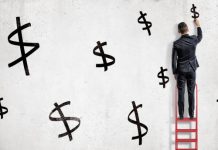
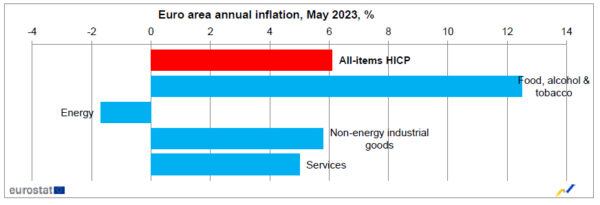
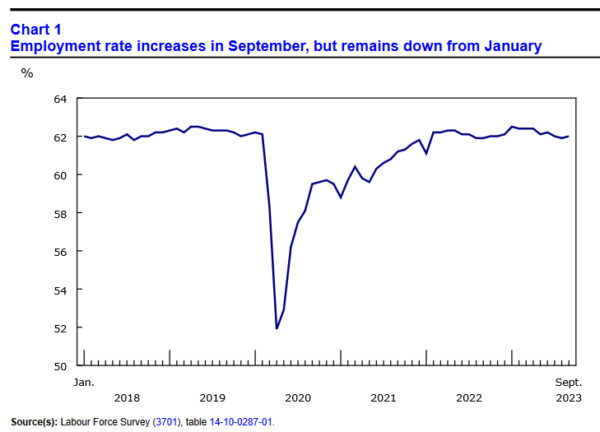
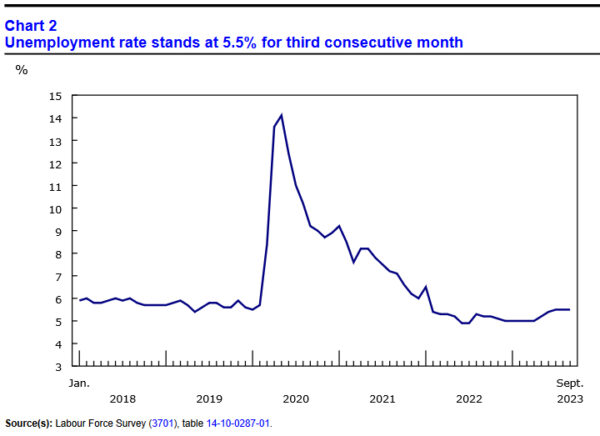
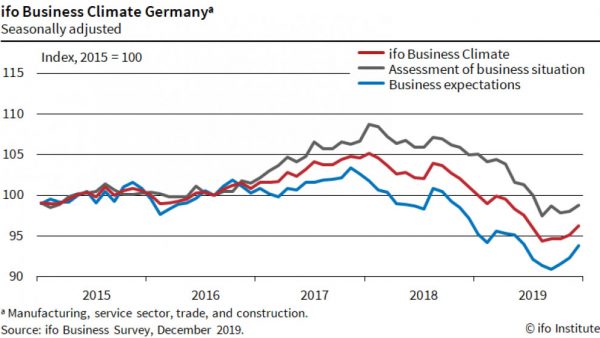
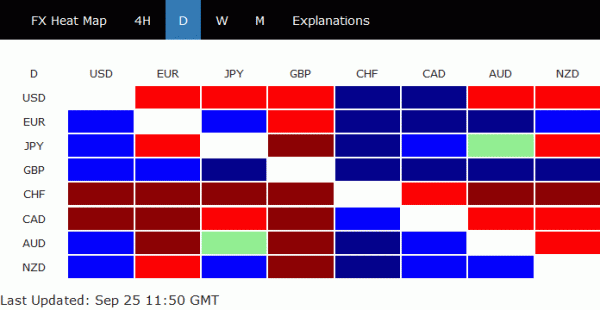
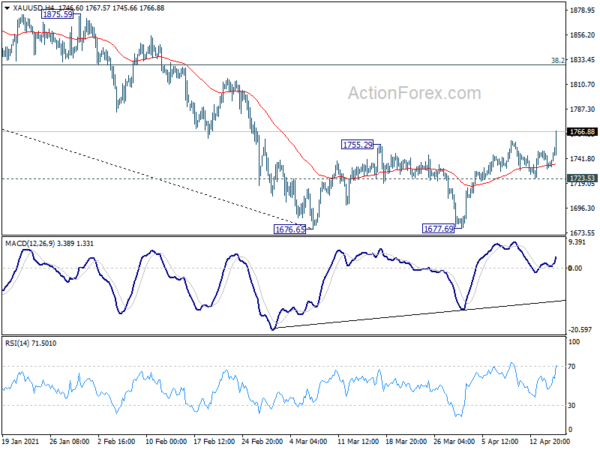
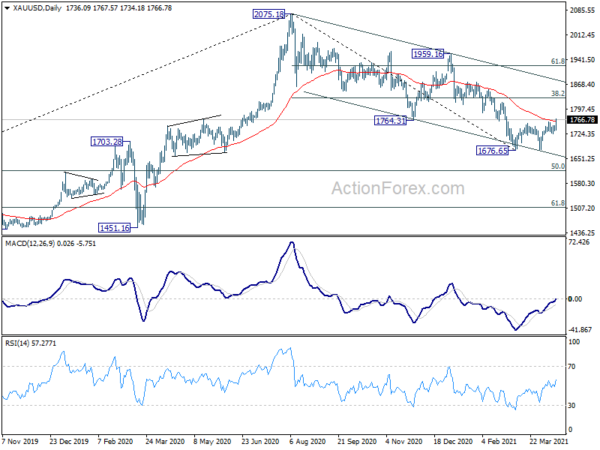

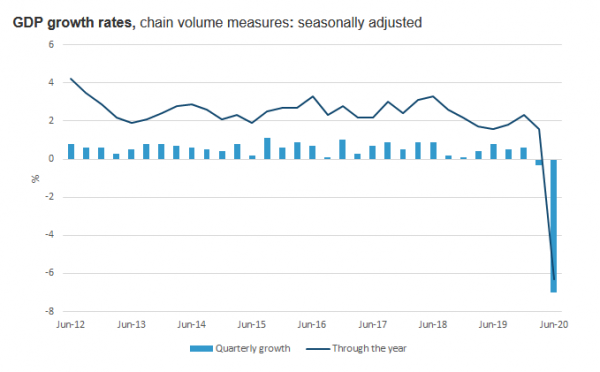
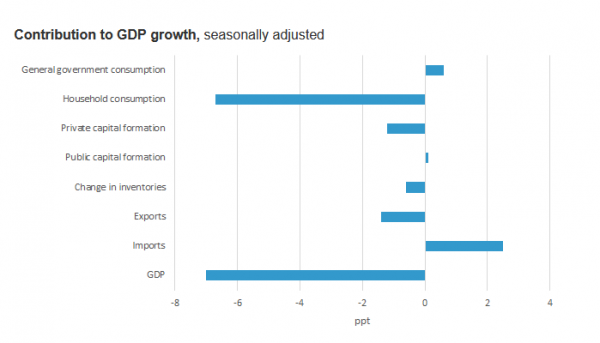
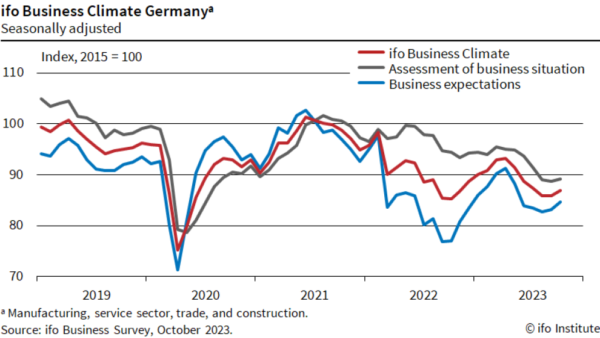
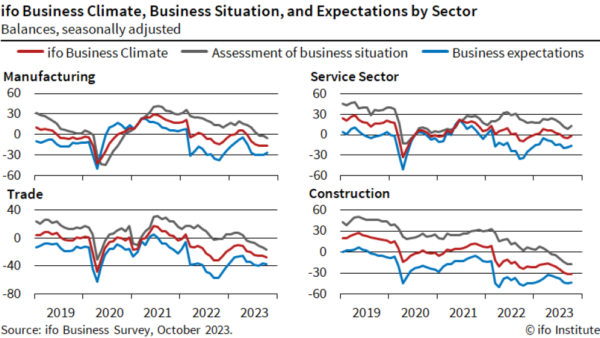
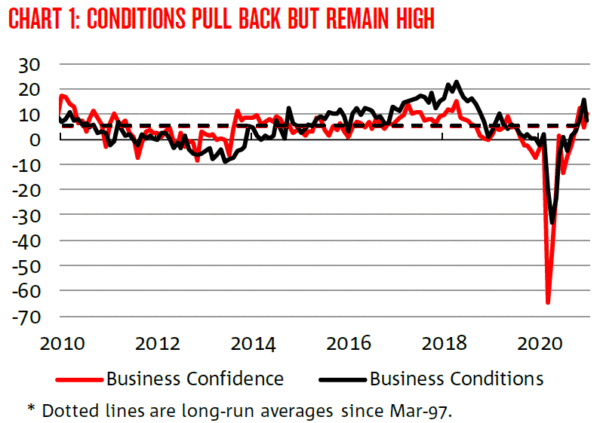
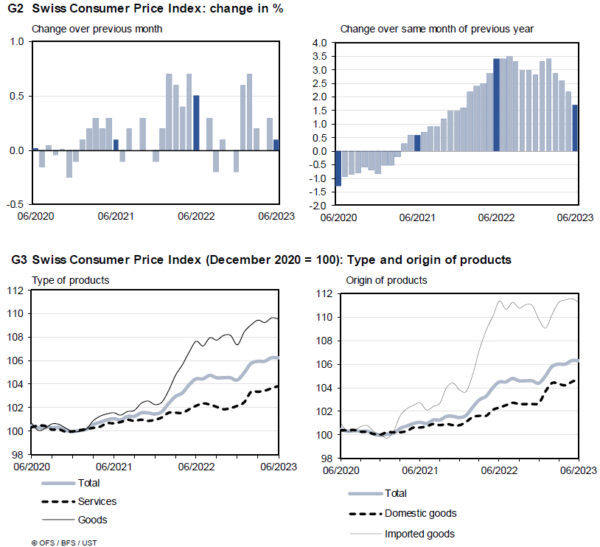

ECB stands pat, continues PEPP with moderately lower pace
ECB kept monetary policy unchanged as widely expected. The interest rates on the marginal lending facility and the deposit facility will remain unchanged at 0.00%, 0.25% and -0.50% respectively. The forward guidance is maintained.
That is, “the Governing Council expects the key ECB interest rates to remain at their present or lower levels until it sees inflation reaching two per cent well ahead of the end of its projection horizon and durably for the rest of the projection horizon, and it judges that realised progress in underlying inflation is sufficiently advanced to be consistent with inflation stabilising at two per cent over the medium term. This may also imply a transitory period in which inflation is moderately above target.”
PEPP purchases will continue with a total envelop of EUR 1850B, until at least end of March 2022. The pace of net asset purchases will remain “moderately lower” than in Q2 and Q3. APP purchases will continue at a monthly pace of EUR 20B too.
Full statement here.